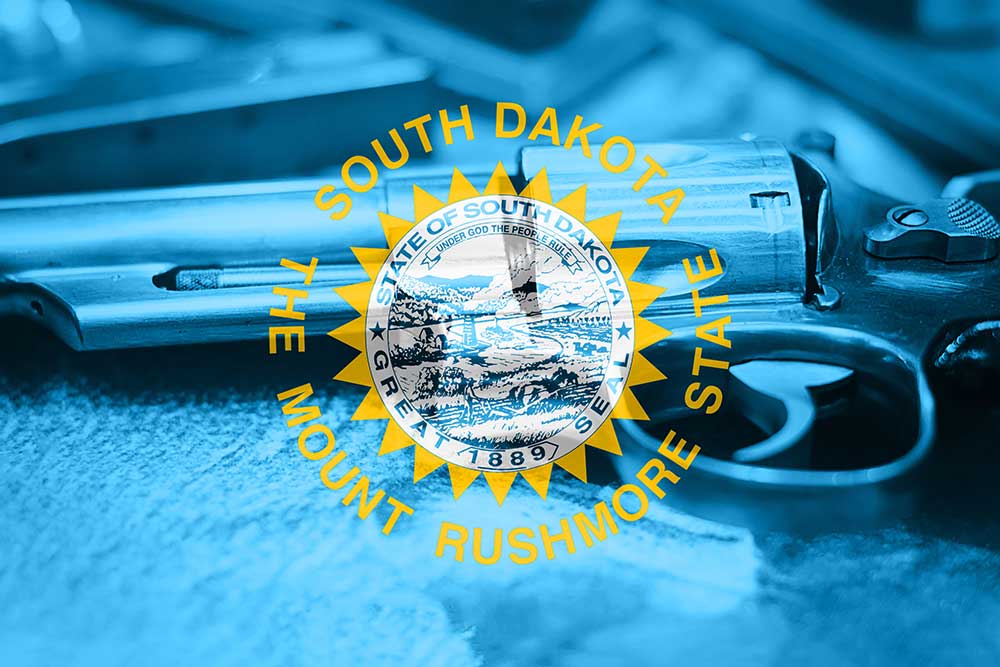Governor Rhoden Signs Pro-Gun Legislation in South Dakota
In a bold move shortly after assuming office, South Dakota Governor Larry Rhoden signed three significant pro-gun rights bills. His actions mark a noticeable shift in the state’s approach to firearm legislation, especially in contrast to states led by Democratic governors.
Replacing former Governor Kristi Noem—who left to join the Trump administration—Rhoden has initiated efforts to reshape firearm laws in South Dakota. His administration’s announcements included the following bills:
- SB 100: This bill restricts the limitations on carrying concealed firearms on public college campuses.
- HB 1218: It addresses the firearm restrictions impacting certain employees and volunteers.
- HB 1222: This legislation broadens the regulations on the carrying, possession, and storage of concealed firearms.
Advocacy for Federal Law Changes
While signing these bills, Rhoden reached out to Attorney General Pam Bondi and Acting ATF Director Patel, suggesting modifications to a federal regulation pertaining to a seven-day waiting period for the purchase of firearms and accessories, including suppressors.
In his communication, Governor Rhoden stated, “I write to you in reference to President Donald Trump’s Executive Order ‘Protecting Second Amendment Rights’… This rule, established in 1968, places an unnecessary restriction on the Second Amendment rights of the American people.”
Rhoden’s letter specifically requests the removal of the waiting period for law-abiding citizens who have already undergone background checks, expressing a desire for prompt access to their rights.
Governor Rhoden’s Background
A South Dakota native, Rhoden has an extensive political career, having served in both the state House of Representatives and the Senate before becoming lieutenant governor. His history includes a commitment to expanding Second Amendment rights, including support for arming volunteer security in schools.
Shifting Political Landscape
The legislative environment contrasts sharply with neighboring states. For example, Colorado’s House has recently passed legislation limiting sales of certain semiautomatic rifles while requiring background checks and safety training for purchasers. If signed into law by Governor Jared Polis, this measure would impose significant restrictions on gun ownership.
Similarly, Washington is considering legislation that mandates a permit-to-purchase system, requiring prospective gun buyers to complete safety training and background checks, further exemplifying the differing approaches across states.

